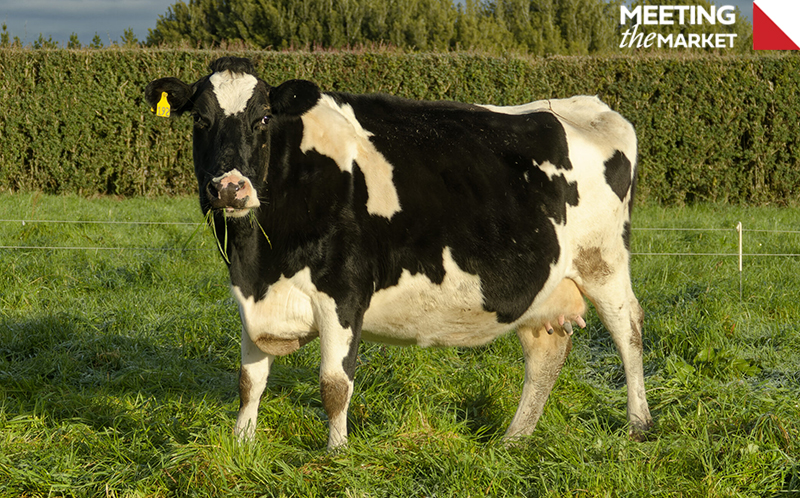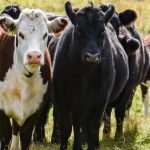
These large, complex businesses are not about to abandon us, but they want to see continuous improvement on sustainability, writes Neal Wallace.
It is easy to dismiss the big corporations that buy our milk and dairy products as faceless entities interested only in maximising their bottom lines to satisfy shareholders.
Heading out the door at 4am to milk the cows or casting an eye over 3000 ewes waiting to be drenched, that feeling of isolation and a lack of appreciation is real for farmers.
Having met senior executives of two of our largest customers – McDonald’s (NZ$41 billion turnover) and Mars Wrigley (NZ$75bn) – it is obvious they understand and appreciate the daily challenges New Zealand farmers face.
They also appreciate the efforts farmers are making on sustainability issues such greenhouse gas emissions, and they urge farmers to stay the course.
They are putting cash where their mouths are, investing billions into their respective supply chains to help producers adjust, and will consider paying more for products that meet their sustainability goals.
These large, complex businesses are not about to abandon us, but they want to see continuous improvement on sustainability.
It is a no-brainer why: without quality milk and meat they do not have a business.
But they have to respond to consumers who are very different to those of the past, and who use the internet to find food producers that align with their environmental and sustainability values.
They are learning that Brazilian beef farmers are making progress – McDonald’s is now taking beef from selected farms in the Amazon biome – and that United States dairy farmers are improving their sustainability.
These business leaders still rate NZ agriculture as world leading but, and it’s a cliché that needs refining, we need to improve our sustainability messaging, to ensure consumers are reading about the progress NZ farmers are making.
More: Wallace is visiting seven countries in six weeks to report on market sentiment, a trip made possible with grants from Fonterra, Silver Fern Farms, Alliance, Beef + Lamb NZ, NZ Meat Industry Association and Rabobank. Read more about his findings here.
You can now read the most important #news on #eDairyNews #Whatsapp channels!!!
🇺🇸 eDairy News INGLÊS: https://whatsapp.com/channel/0029VaKsjzGDTkJyIN6hcP1K

























